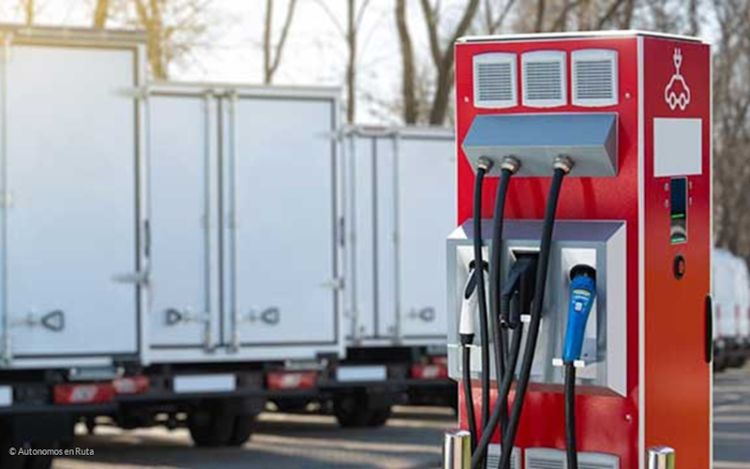The European Parliament and the European Council recently agreed to increase the number of publicly accessible electric charging and hydrogen refueling stations throughout the European Union.

The European Parliament and the Council have agreed to increase the number of publicly accessible electric charging and hydrogen refueling stations throughout the European Union, particularly along major transport corridors and hubs. The new Regulation for the Deployment of Alternative Fuels Infrastructure (AFIR) aims to facilitate the transition to zero-emission road transport and contribute to reducing net greenhouse gas emissions by at least 55% by 2030.
The new agreement specifies the following goals to be accomplished by 2025 and 2030:
- From 2025, it will be mandatory to install fast charging stations of at least 150 kW every 60 km along the Trans-European Transport Network (TEN-T). In addition, for each battery electric vehicle registered in a given Member State, available power of 1.3 kW must be provided through a publicly accessible charging infrastructure;
- The installation of heavy vehicle charging stations every 60 km along the TEN-T core network and every 100 km on the TEN-T comprehensive network by 2025, with a minimum output power of 350 kW;
- By 2025, the installation of charging stations in safe and secure parking areas to enable charging at night and in urban nodes for delivery vehicles;
- By 2030, all urban centers and every 200 km along the TEN-T core network must have hydrogen refueling infrastructure for cars and trucks to guarantee a dense network that enables hydrogen vehicles to travel across the European Union (EU).
In addition to meeting these targets, electric charging and hydrogen refueling station operators must ensure price transparency and offer customers a standard payment method, such as debit or credit cards, to meet the regulation's goal of creating a user-friendly experience with consistent information and payment options across the EU.
The European Commission is confident that this new agreement will address consumers' concerns about the availability of charging and refueling infrastructure, with the new rules taking effect six months after formal adoption by the European Parliament and Council and publication in the Official Journal of the European Union.
Source:
Autonomos en Ruta
- Frotcom
- Alternative Fuels Infrastructure Regulation (AFIR)
- European Parliament
- European Union (EU)
- Climate action
- Electric vehicles
- EVs
- EV transition
- EV acceleration

